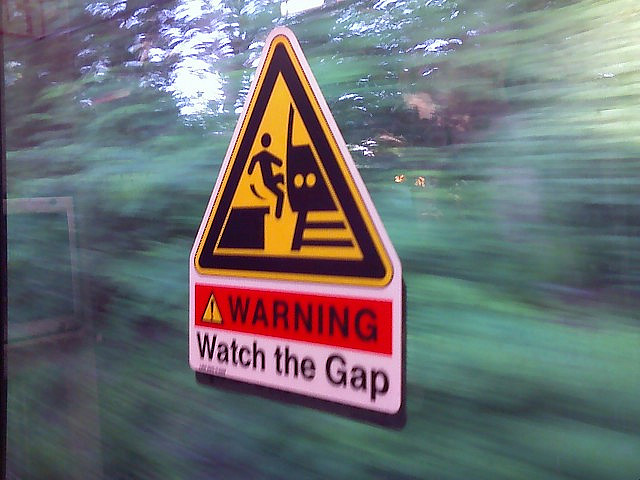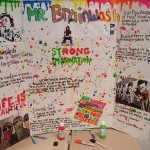There are many factors that are impacting education, to include lack of funding, lack of teaching professionals in the classroom, and the lack of support for new professionals during the most crucial years.
As a Hope Street Group National Teacher Fellow, my focus has been on teacher preparation and the support provided as teachers transition from being a student to teaching students. This time in between is what I call the “preparation gap”.
The “gap” is what is created when a pre-service teacher leaves a teacher preparation program and joins the profession as a teacher. The “gap” is an easy place to fall into but a harder place to get out of. This “gap” can be be career ending for some, depending on the support received in teacher preparation or during induction in their school district. How this “gap” is bridged is crucial to both student and teacher success.
In a project report from the Harvard Graduate School of Education, titled from Quicksand to Solid Ground: Building a Foundation to Support Quality Teaching, a listed challenge related directly to teacher preparation. The report recognized that “there is no continuity from what one learns in teacher preparation to what is expected during induction, to the ongoing goals in one’s school or district. “ The challenge presented in this report encourages the creation of “vertically aligned pathways that run from teacher preparation through induction and continue into on going school-based learning.” This challenge brings to light the aligning of what one learns to what one is expected to do once in the classroom. This bridge of support is one way of keeping teachers from falling into the gap.
An article, titled What Core Skills Do Teachers Need to Be Effective?, written by Emily Hanford, focuses on the idea that teachers need to prepared, because not all great teachers are born, some have to be made. When focusing on skills needed to be an effective teacher there is support in place for the implementation of the content. In the article it states, “ Understanding math and knowing how to teach math are two separate skills.” Teacher preparation should be the first step in professionalizing the teaching profession, ensuring that teachers are prepared to do more than know about content, but rather know how to implement content.
Some of the best ideas about improving teacher preparation came from conversations I have had with teachers since the beginning of my project. Ideas included embedding National Board standards into teaching programs, where the importance of effective teachers starts as a pre-service teacher and continues to grow once in the profession. Other ideas included more work on learning how to advocate for the profession as a pre-service teacher as it is another duty educators take on. Another source of ideas came from teachers nationally on a Twitter chat (#hsgedchat ) where discussion focused on teacher preparation, those involved in the chat shared both their experiences in their own teacher preparation coursework, as well as ways to improve it, including more experience in the classroom, diversity in experience i.e. doing work at Title 1 schools, or a better understanding of the exceptional education student.
As I reflected on these articles and others, and the work I am doing with my Fellowship, I question what are we doing to close the preparation “gap”?
- How are we working towards successful pre-service teachers, who go on to be successful teachers?
- How are we scaffolding the work being done so there isn’t a great divide, when a new teacher joins the profession? I also begin to wonder if more time was spent bridging that divide early on, will teachers begin to advocate for their students, themselves, and the profession earlier on?
- Will advocacy and teacher leadership begin to be a part of teacher preparation?
- How can we professionalize the teaching profession early on?
- Most importantly, what is the impact on our students if we don’t?
The recruitment and retention of effective, well prepared teachers is important to the education profession. As a profession, we should invest in the work that is being done, in order to provide time and space for the other work that ensues once in the profession.
Challenge yourself and others to reflect on the questions. After reflection, take action, because if we don’t, who will?










Comments 1
I have already downloaded your links! Thank you so much for your advocacy and contributions to our profession. You have asked very important questions and have given me a lot to think about.